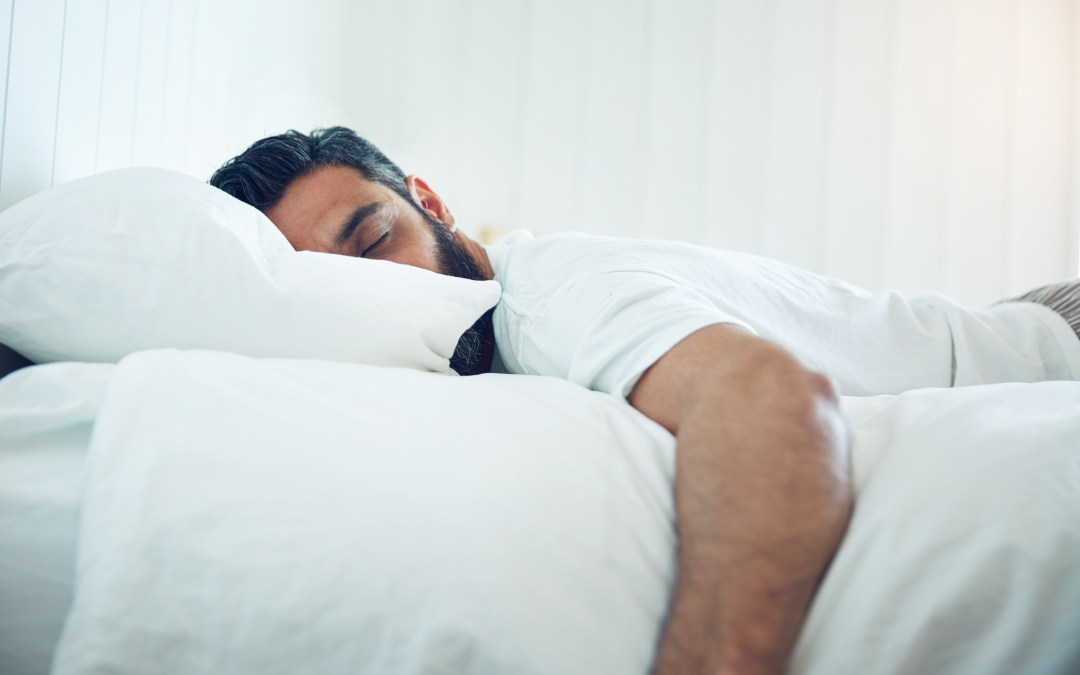If you struggle to leave your warm, comfortable bed in the morning, you’re not alone. Approximately 40% of Americans get less than the recommended 7 to 9 hours of sleep per night. In fact, the percentage of people who actually get the sleep they need has declined in recent years. The CDC now considers sleep deprivation a “public health epidemic.”
If you’re among the sleep-deprived, it’s time to change course.
Benefits of Sleep
Sleep is hugely important to your health.
Getting enough sleep reduces stress, mood swings, chronic pain and inflammation, and risks for cardiovascular disease, stroke, depression, obesity, and diabetes.
Meanwhile, sufficient sleep helps to sustain cognition, memory, concentration, immune function, decision making, and interpersonal relationships.
Good Sleep Hygiene
What is sleep hygiene? Essentially, the habits that promote sleep quality and daytime alertness. Improving these practices ensures we’re spending the right amount of time in bed and that we reap the benefits of healthy sleep.
But it’s important to remember: Sleep hygiene doesn’t start when we brush our teeth and climb into bed. It needs to be considered throughout your day in order to be effective.
Here are some quick tips to help improve your sleep hygiene.
- Maintain a regular sleep schedule: Try to go to bed and wake up at the same time, every day, give or take 20 minutes.
- Get exposure to natural light: It helps to set our internal clocks. Try to let the light in during the morning and spend some time outdoors each day.
- Eat healthy sleep-promoting foods: As always, an emphasis on whole foods, good fats, and complex carbohydrates is key. Try to limit refined and processed carbs, especially late at night.
- Exercise: Just 10 minutes of daily aerobic exercise can have a positive effect on the quality of our sleep. If you’d like to use exercise to relax before bed, “low intensity physical activity, such as stretching or yoga,” which doesn’t require a lot of mental energy, is how EHE’s Health Mentorship Program Manager Matt Percia gets his body prepared for sleep.
- Avoid caffeine before bed: Drinking caffeine or other stimulants too close to bedtime (four to six hours) can really disrupt our sleep. Switch to non-caffeinated beverages, like herbal tea, in the afternoon.
- Create a good environment for sleep: Make your bedroom conducive to rest. Keep it cool, quiet, and dark. Keep work materials, televisions, computers, and devices out as much as possible.

